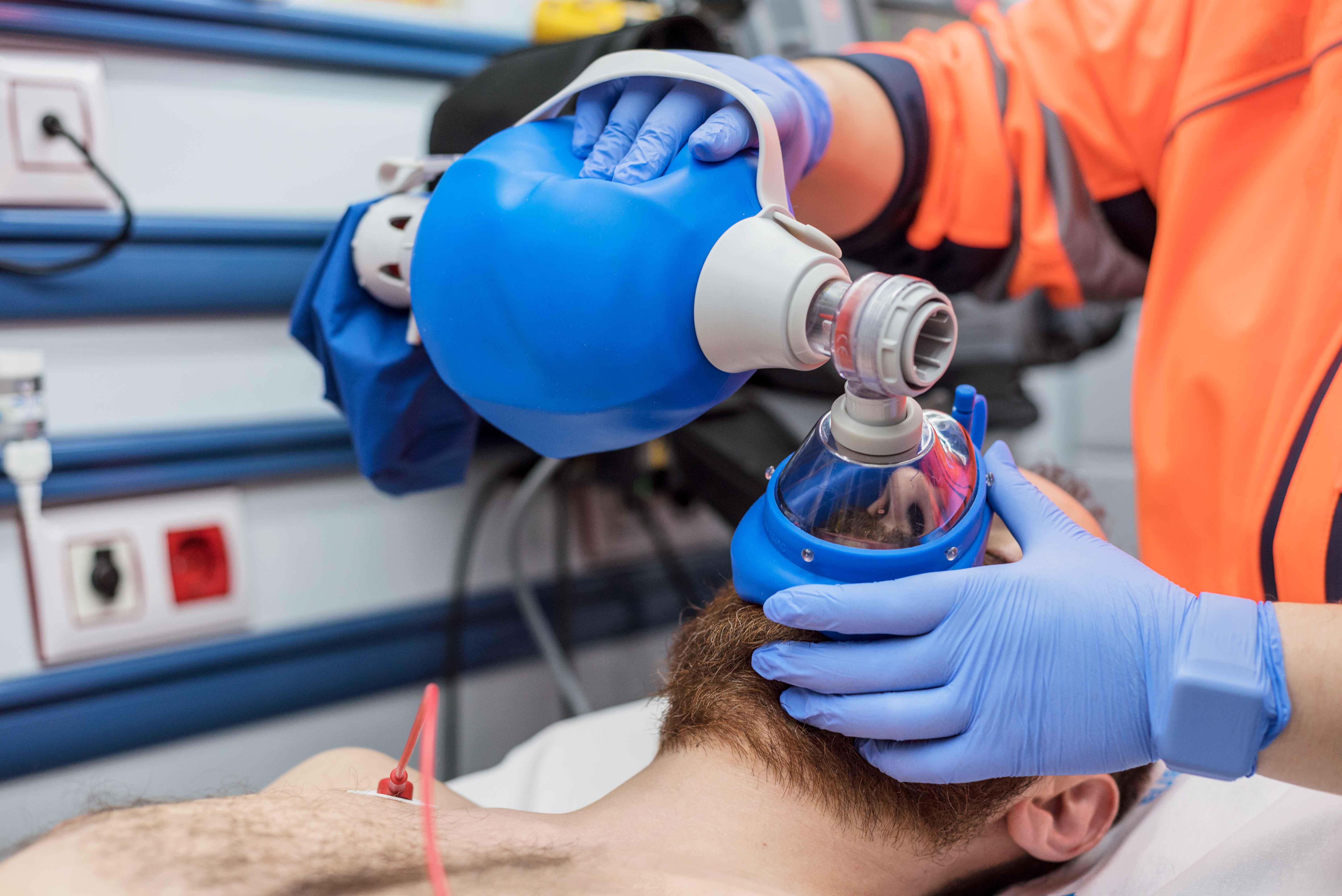From Theory to Practice: Facing Reality Shock in Nursing

Nursing students spend countless hours studying anatomy, disease, and the nursing process while practicing new skills and interventions to provide care to their communities. Intimate knowledge of care models and the theories they’re built on are intended to prepare new nurse graduates for the transition to bedside practice.
These programs set new nurses up for success, but the fact is, you can’t explain the job in a textbook. And the difference between theory and practice can be dramatic! Nearly every nurse will find themselves struggling with theory vs. practice at some point in their career, and managing the transition is as much a part of the job as taking someone’s temperature. One of the best ways to fight the unknown is with continuing education, and Premiere’s Unlimited Nursing CE Subscription ensures that no nurse is ever without the resources they need.
However, new graduate nurses also have to balance these eye-opening experiences while developing and applying critical skills like communication, time management, prioritization, and self-care. It’s a tall order, and preceptors, nurse mentors, administrators, and nurse leaders all need to appreciate the gaps many new nurses experience as they leap from school into practice.
New Nurse, New Reality
The transition from nursing school to practice is accompanied by a series of intense and often predictable emotions. Moving away from the controlled environment of nursing school into the organized chaos that is our modern-day healthcare system isn’t for the faint of heart. This reality shock in nursing traverses four phases, and each one comes with its unique challenges.
Honeymoon Phase
In the honeymoon phase, new grad nurses personify the intersection of anxiety and excitement as they begin the next chapter of their professional growth. With a myriad of new skills and knowledge ready to be put into play, they will approach the job with excitement, fascination, and high energy surrounding questions about their experience and expectations.
Shock Phase
When the excitement begins to fade, the reality of professional life begins to set in and negative feelings towards nursing begin to bubble to the surface. In the shock phase, new nurses begin to realize a mismatch between their expectations of nursing and the realities of the daily grind.
Exhaustion, disillusion, and negative emotions can make new nurses question their career choice, with some seeking new positions or finding themselves ready to leave nursing before it’s even really begun. New nurses also begin to understand that the theoretical concepts they learned in school don’t necessarily translate directly to the complex intrapersonal experience of managing real patients. They inevitably discover that ideal outcomes often give way to very practical and potentially disheartening realities of care. They will also be confronted with trauma, loss, and the need to manage family members through moments of extraordinary stress.
All of these moments are part of transitioning from a student to a professional healthcare worker and require guidance, self-reflection, and support from mentors and friends to navigate successfully.
Recovery Phase
For the many nurses who choose to see the process through, they will eventually find themselves striking a balance between expectations and reality. During the recovery phase, nurses become more confident in their knowledge and skills, adopt healthier habits, and begin appreciating the positive aspects of being a nurse despite adjusting their expectations.
This is also a period where they will begin experiencing less stress and tension in their daily routine, allowing them to more objectively evaluate the reality of their role. In the recovery phase, new nurses gain perspective and become more adept at identifying effective and ineffective behavior. The recovery phase is an excellent time to pair new objectivity with something like mentorship allowing for continued momentum into the final phase of reality shock in nursing.
Providing Support for Reality Shock in Nursing
Reality shock may not be avoidable, but institutions can certainly take a proactive approach to reducing the impact. Every new nurse is different, and with varying backgrounds and expectations, guiding new graduate nurses through their version of reality shock takes awareness and a willingness to help the next generation. By providing valuable support during the transition to practice, healthcare providers can make the most of their investment in new nurses and contribute to better outcomes for their staff and the patients they serve.
Preceptor Training
New graduate nurses spend more time with their preceptors than anyone else. With the risk of reality shock looming, preceptors need to be aware of what to look out for and how to counterbalance the negative emotions new nurses might experience.
Training courses are an excellent opportunity for preceptors to run through exercises in giving feedback, role-play conflict, and even share their perspectives on success stories. Preceptor training also offers an opportunity to anticipate and work through reality shock by:
- Helping new nurses integrate into the culture.
- Creating realistic job expectations.
- Offering objective support and acknowledging milestones.
- Avoiding negativity and toxic behaviors.
- Identifying their contribution to the team’s overall success.
Create a Plan and Talk About it
Challenges are much more manageable when you know they’re coming. Talking about reality shock in nursing with new nurses and creating a safe space will help them understand what to expect and validate their emotional experience.
Also, conversations that contextualize what they are experiencing can take some of the pressure off as well. It allows them to know it’s survivable, and building in mentorship support can be a saving grace during difficult moments.
Self-Care and Continuing Education
The need to emphasize self-care for people across all healthcare disciplines can’t be understated, and new nurses should be taught to prioritize their mental and physical well-being right from the start. Whether it’s adjusting to difficult night schedules, long hours on their feet, or a variety of burnout and compassion fatigue issues, these challenges can exacerbate reality shock in nursing or even be at its source.
Also, nearly every nurse in the country needs to engage in continuing education to maintain their license and develop their career. Fast access to high-quality information can make it easy for nurses to alleviate gaps in knowledge, build confidence in their practice, and reduce stress and anxiety around unfamiliar situations surrounding every aspect of professional care.
Overcoming Reality Shock in Nursing Together
The transition from nursing school to practicing at the bedside is an exciting time in a young nurse’s life, and while everyone’s experience is unique, reality shock in nursing roles finds a way to touch nearly everyone as they enter the industry.
While reality shock in nursing may not be completely avoidable, education and awareness can lessen the blow. Premiere is committed to helping all nurses get the most out of their careers by providing science-backed continuing education that equips them with the tools they need to have a healthy and successful career. Our Unlimited Nursing CE Subscription puts all our content at their fingertips, making it easy to meet professional obligations and take control of reality shock as they transition from theory to practice.
All content by Premiere is created by leading industry experts and empowers nurses with the knowledge and skills they need to achieve success at any stage of their career.
Latest Posts


.png)


.jpeg)
